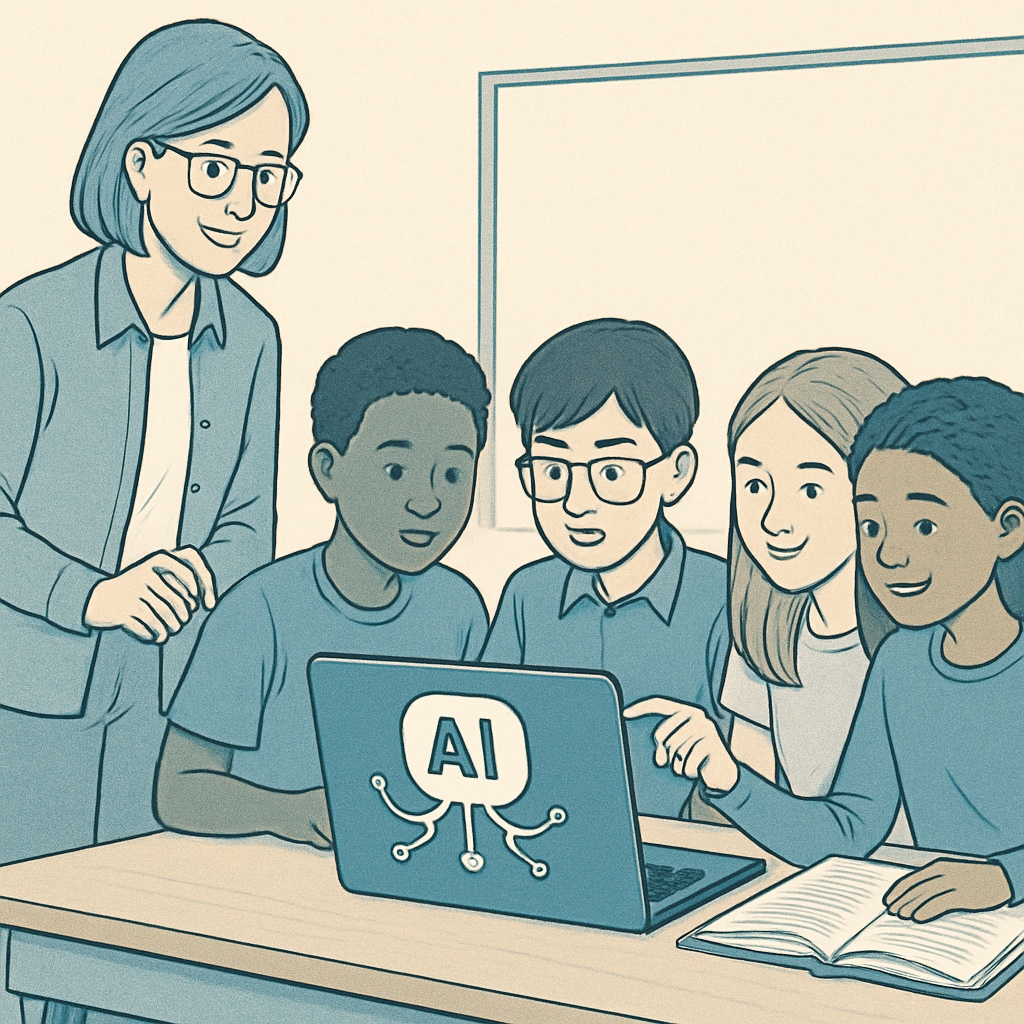The White House AI Working Group’s push for responsible artificial intelligence development marks a pivotal moment for K12 education. As schools navigate this technological transformation, educators must balance innovation with ethical considerations. According to research on educational AI, approximately 47% of U.S. schools now incorporate some form of AI tools in classrooms.
Building Ethical Foundations for AI in Classrooms
Responsible AI implementation begins with curriculum design. Schools should focus on three core principles:
- Transparency: Students should understand how AI systems make decisions
- Accountability: Establishing clear guidelines for AI use in academic work
- Bias awareness: Teaching students to recognize and challenge algorithmic biases

Practical Implementation Strategies
The evolution of AI technology requires adaptable teaching methods. Successful schools typically:
- Start with teacher training programs
- Introduce age-appropriate AI concepts
- Create cross-disciplinary projects
- Establish evaluation frameworks
Transitioning to AI-enhanced education requires careful planning. However, when implemented responsibly, these technologies can personalize learning while maintaining human-centered values.


